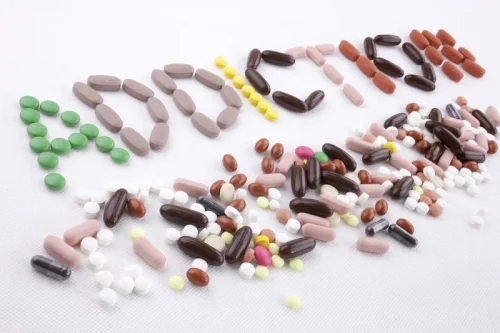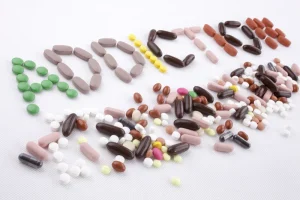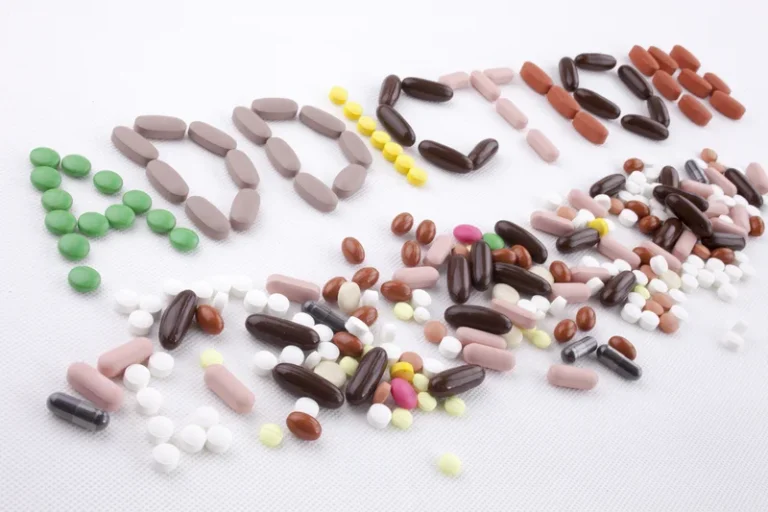
The kidneys also work to maintain the pH balance or the amount of acid in the body. When we vomit, we throw off the pH balance, giving the kidneys even more work. Recognising symptoms early and seeking medical advice can prevent irreversible kidney damage. Chronic alcohol use interconnects https://ecosoberhouse.com/ with liver damage, elevating kidney disease risks. Alcohol disrupts kidney function, alters blood pressure, and induces dehydration, fostering kidney stone formation. Antibiotics are a standard treatment option if you’re experiencing pain due to an infection, such as a urinary tract infection.

Bedrock Recovery
Yes, excessive alcohol consumption can eventually lead to acute kidney failure (also called acute kidney injury). But, if you’re an otherwise healthy person, your body can typically recover from acute kidney failure with the appropriate medical attention. Some sources state that excessive drinking may cause acute kidney injury, and there may be a link between regular heavy drinking and chronic kidney disease. Experiencing kidney pain after alcohol consumption can be alarming, often linked to dehydration and its impact on kidney function.

Symptoms of Kidney Pain
However, the kidney pain from alcohol abuse total amount of alcohol consumed is the primary determinant of risk, regardless of the type of beverage. No, alcohol cannot cause kidney stones, but regular drinking is a risk factor. UTIs feature symptoms like increased urination and a burning sensation while urinating.

Kidney Pain After Alcohol Consumption: Causes & Prevention Tips
Alcohol can further impair kidney function and accelerate disease progression. Treatment for chronic kidney disease includes dialysis and even a kidney transplant. Reducing your alcohol intake or quitting drinking can reduce the risk of kidney disease.
Kidney Pain After Alcohol Consumption: Causes, Risks, and Treatment Options
- If you have a history of disordered drinking behavior, your liver may work less efficiently or be affected by liver disease.
- People with alcohol-induced CKD will require treatment for AUD as well as CKD.
- What about the kidney pain some people claim to feel after a night of drinking?
- Alcohol-induced kidney pain, while it can be severe, is often more of a dull, persistent ache located in the flank area.
- When you drink alcohol, your kidneys play a vital role in filtering harmful substances from your blood.
Genetic variations in ADH and ALDH can also influence an individual’s susceptibility to alcohol-induced kidney injury. Individuals with less efficient forms of these enzymes may experience greater acetaldehyde accumulation and increased risk of AKD. This genetic predisposition can explain why some individuals are more vulnerable to alcohol-related kidney damage than others, even with similar alcohol consumption patterns.

Although most people know that kidney pain and alcohol often go together, not everyone’s aware of the consequences long-term alcohol abuse can cause on these crucial organs. When you urinate, you’re losing fluids, which means drinking alcohol can lead to dehydration. Every time you drink alcohol, your kidneys go into overdrive in their effort to eliminate alcohol from your blood. To make things worse, drinking alcohol also suppresses a hormone called vasopressin, which regulates how often you urinate. That’s why you have to go to the bathroom more often after drinking. Your kidneys are two organs shaped like beans that sit on either side of your backbone and just below your ribcage.
The kidneys are designed to retain water when dehydration occurs, but they cannot fully compensate when alcohol is still being used. High blood pressure can have a compounding effect on your kidneys, weakening your blood vessels, your kidneys, and other organs until your kidneys ultimately fail. A person may feel intense back pain or pain in their genitals or stomach as the body attempts to pass the stone. If the body does not pass the stone, a person can develop a severe infection or blockage. See a doctor or therapist if you feel you’re dependent on alcohol or if it’s interfering with your life in some way. Your doctor may prescribe kidney medication or recommend programs in your area to help you.
- While not directly caused by alcohol, if someone has a mild obstruction, dehydration from alcohol can exacerbate pain and symptoms.
- There are numerous causes of kidney failure, ways to effectively treat it, and measures you can take to prevent it.
- As the National Institute of Diabetes and Digestive and Kidney Diseases (NIDDKD) explains, the kidneys contain tiny, finger-like structures called nephrons.
- Returning to kidney pain, remember that prolonged alcohol misuse significantly increases the risk of long-term kidney damage.
He was treated with intravenous fluids and supportive care, with his kidney function gradually improving over several days. The symptoms of alcohol-related kidney damage often manifest gradually and can be subtle initially. Pain, a common complaint, is frequently felt in the flank area, the region located on the sides of the body, between Halfway house the ribs and the hips.
This condition can lead to short- and long-term kidney damage. These symptoms are the same as what a person living with untreated chronic kidney disease might experience. These are signs that the kidneys are not working as they should, and they can be symptoms of acute kidney injury due to a high alcohol consumption.
Treatment for Kidney Damage
Treat gastritis by avoiding alcohol, pain medications, and recreational drugs. Your doctor may prescribe proton pump inhibitors or H2 antagonists to reduce the production of stomach acid. Having kidney stones increases your risk of developing hydronephrosis. While there is some conflicting data, the common consensus is that alcohol negatively affects your kidneys in several different ways.
